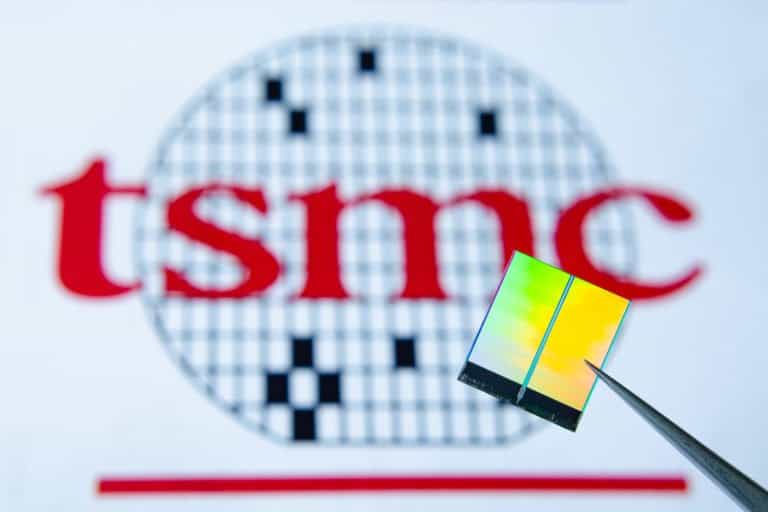The Taiwanese chip making giant wants to take advantage of the EU’s recent European Chips Act.
This week Reuters reported that talks between the Taiwanese Semiconductor Manufacturing Company (TSMC) and the German state of Saxony about building a new factory are at “an advanced stage”, but are now focused on government subsidies to support the investment.
TSMC is the world’s largest contract chipmaker and Asia’s most valuable listed company. The company has been considering a potential expansion into EU member Germany, Reuters says. The proposed facility in Saxony would be TSMC’s first European plant.
New EU funding rules play a key role
The European Union has introduced the European Chips Act to ease government funding rules for semiconductor plants in the bloc. The legislation is meant to compete with the US’s Chips and Science Act. Both sets of laws seek to guarantee semiconductor supplies after a chip shortage and supply chain bottlenecks during the COVID-19 pandemic stymied everything from manufacturing to automobile production. The EU has been courting Taiwan as one of the “like-minded” partners it would like to work with to build new plants to shore up chip supplies.
Sources told Reuters that talks between TSMC and Saxony are “serious and advanced”, and delegations from Saxony have been coming to Taiwan for talks with with the chip maker.
EU-US compete with chip making subsidies
The German and Saxony governments are willing to give subsidies but they also need further EU funds, according to Reuters. Saxony officials discussed the EU Chips Act with EU Commission President Ursula von der Leyen on March 6 in Brussels.
TSMC is expanding internationally and has already committed $40 billion to build a chip factory in the US state of Arizona. The US factory will start production in 2024 using advanced 5-nanometre technology. Construction was announced after the US passed a law granting $53 billion in subsidies and tax credits for the chips industry.
